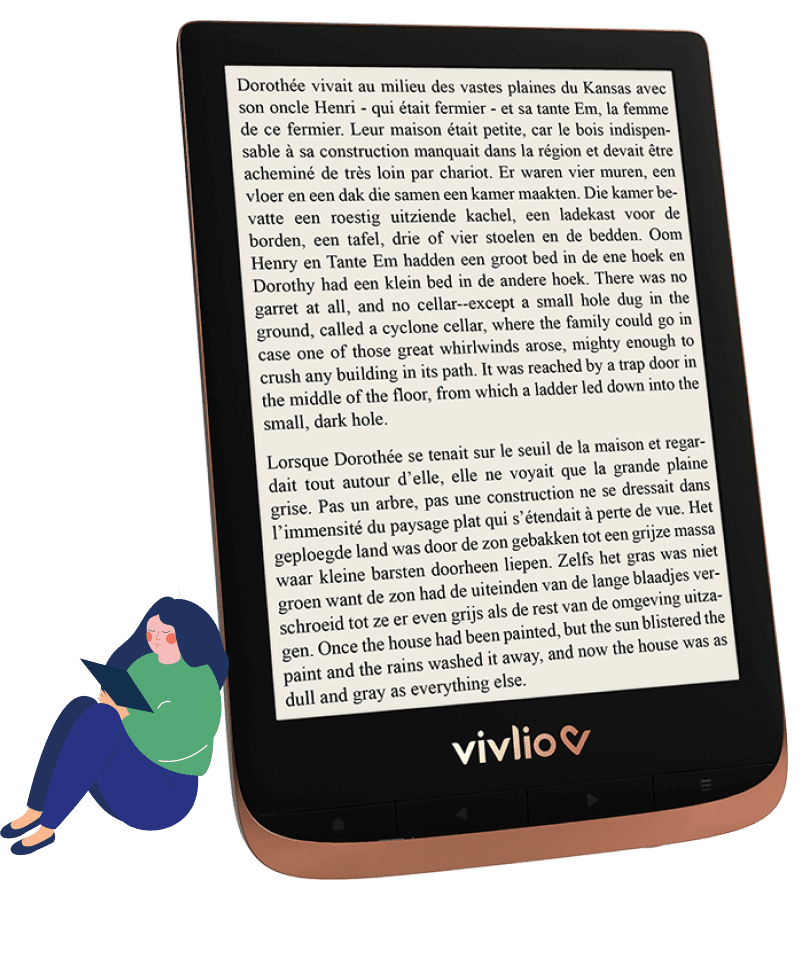The Song of Shabbat – Mishpacha Magazine

If we really cared, they would do it too. It is not enough to simply observe Shabbat as a standard. We must be passionate about Shabbat.


TThe current war, with its increasing casualty numbers and ongoing hostage-taking, is unspeakably painful. But the war has also exposed another, more subtle source of pain.
The first victims of the October 7 attacks were attending a Nova Music Festival. For the uninitiated—as I was until a prominent Rosh Yeshiva enlightened me and was outraged that members of our community were attending such an event—a Nova Festival is a “trance” concert. At these events, a certain type of rhythmic music is played that is intended to put attendees into a hypnotic state and give them a sense of spirituality.
Whether this approach is rooted in Avoda Zarah is disputed, but as Rav Chizkiyahu Mishkovsky noted in a video clip shown at Dirshu’s recent Kabbalas Shabbos event, this much is clear. The massacre occurred on a Shabbos, Simchas Torah. The multitude of Acheinu Bnei Israel The participants of this event were seeking spirituality and a connection to something higher – something they should have experienced from the beginning. Simchat HaTorah And Shemira ShabbatBut because they did not know the true form of connection that their own heritage offered, they sought fulfillment elsewhere.
Rav Dovid Ozeri, who was also the keynote speaker at the Dirshu event, told two stories that further illustrated this point. He had recently traveled to Eretz Yisrael and visited the “museum” of hundreds of burned-out cars. He noticed a secular Jew crying and engaged him in conversation.
The man said he was at the concert when the attack happened. He had barricaded himself in a safe room with ten other men. When they realized their end was near, one of them remembered that you should say some special Hebrew words before you die, but he couldn’t remember them. No one else knew, but one person thought it might be “Sefer Torah.” So they all started chanting “Sefer Torah, Sefer Torah” while they were being massacred. This lone individual had somehow survived.
Reb Dovid then met another secular Jew who was in Kibbutz Be’eri during the attack. He had passed out and was presumed dead, so he was spared. When he woke up, he was lying on the ground and the IDF had just arrived. They thought he was one of the terrorists and was about to shoot, so he shouted “Shema Yisrael!” and was spared. Reb Dovid asked him if he knew the words that follow “Shema Yisrael,” and the guy admitted that he didn’t know them.
Reb Dovid noted how terribly sad it is that thousands of our brothers do not know the Shema Yisrael and have never been able to taste the sweetness of Shabbat. But the responsibility for this, he said, lies with us.
Rav Yitzchok Sorotzkin Schlita recalled the Brisker Rav’s observation that almost all Jews know about Yom Kippur and celebrate it in some way, while many Jews completely disregard Shabbat. The Brisker Rav thought that this was due to the inherent unity of the Jewish people. The passion that Shomrei, Torah, Umitzvot The enthusiasm for Yom Kippur is felt throughout the country, so much so that even secular Jews recognize Yom Kippur.
Conversely, in our camps, a lack of appreciation for the gift of Shabbat is reflected in the total disregard for Shabbat in the secular camp. If it really mattered to us, it would matter to them too. It is not enough to observe Shabbat by default. We must be passionate about Shabbat. We must attend to all the details. If it is our song, it will be theirs.
Mizmor shir l’yom haShabbos: Tov l’hodos l’Hashem ul’zamer l’Shimcha Elyon!
In fact, this phrase describes Dirshus Kabbala’s Shabbos event, which served as the launching pad for Dirshus Daf Halachah, which began on Hilchos Shabbos. In addition to the speakers mentioned above, there were many other speakers. gedolimincluding Rav Shimon Galai, Rav Sholom Smith and Rav Shimon Spitzer, to name a few. Between these speakers there were several musical interludes with well-known singers and chazzanim, accompanied by a 20-person band.
Reb Dovid Hofsteder, the Nasi of Dirshu, quoted Chazal’s statement that King Chizkiyahu himself could have been the Messiah because his generation was so righteous. But Klal Yisrael’s failure to credit the miraculous destruction of Sancheriv’s army with shirah showed a lack of appreciation for the miracle. This led to the missed opportunity to bring about the Messianic age. He implored the assembled to be passionate for Shemira Shabbat and take the opportunity to learn the laws of Shabbat.
The song of Shabbat is not just the song we sing on Shabbat. Shabbat is a reality, and the day itself sings along when we enjoy it with passion. On all Yom Hashevi, Meshabeiach, Omer, and on Yom Hashabbas.
Rav Sorotzkin reported that when the Chofetz Chaim was finished Mishnah Berurahhe celebrated with a week Subscribe toOn Sunday he made a siyum about volume one and discussed its laws. On Monday he made a siyum about volume two and discussed its laws. This lasted until Friday. But on Shabbat after the davening, the Chofetz Chaim surprisingly announced that there was another siyum in his house after praying. The Chofetz Chaim explained that he had no intention of having another siyumbut on Friday evening the Shabbat itself appeared to him in a dream and demanded another siyum for volumes three and four, in which he discusses the laws of Shabbat.
Each song moves from a state of tension to a resolution. Without the dissonance and the anticipation of the resolution, the song lacks depth and character. The chapter by Mizmor shir l’yom haShabbat speaks of the dissonance of tzaddik v’ra lo And Rascha competes for me, the obscuration of Hashem’s Hashgachah inherent in the question “How do bad things happen to good people?”
But the final solution to this tension of hester panim will come in the days of Yom Shekulo Shabbat and will lead to the ultimate song. The veil of our time, when it is resolved, will become Mizmor Shir on Yom HaShabbat, Mizmor Shir on Yom Lavo, on Yom Shekulo Shabbat… quickly, in our days. —
Rabbi Avrohom Neuberger is the Rav of Congregation Shaarei Tefillah in New Hempstead and the author of Positive Visiona project of the Chofetz Chaim Heritage Foundation (ArtScroll/Mesorah).
(Originally published in Mishpacha, issue 1016)
Oops! We couldn’t locate your form.


